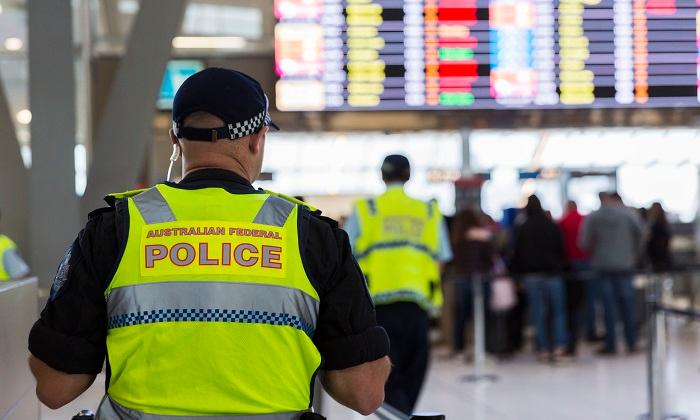Attorney General Mark Dreyfus has announced the federal government will set aside $8 million over four years to fund the new role of Anti-Slavery Commissioner.
The bill establishing the role has been introduced to Parliament.

Attorney General Mark Dreyfus has announced the federal government will set aside $8 million over four years to fund the new role of Anti-Slavery Commissioner.
The bill establishing the role has been introduced to Parliament.